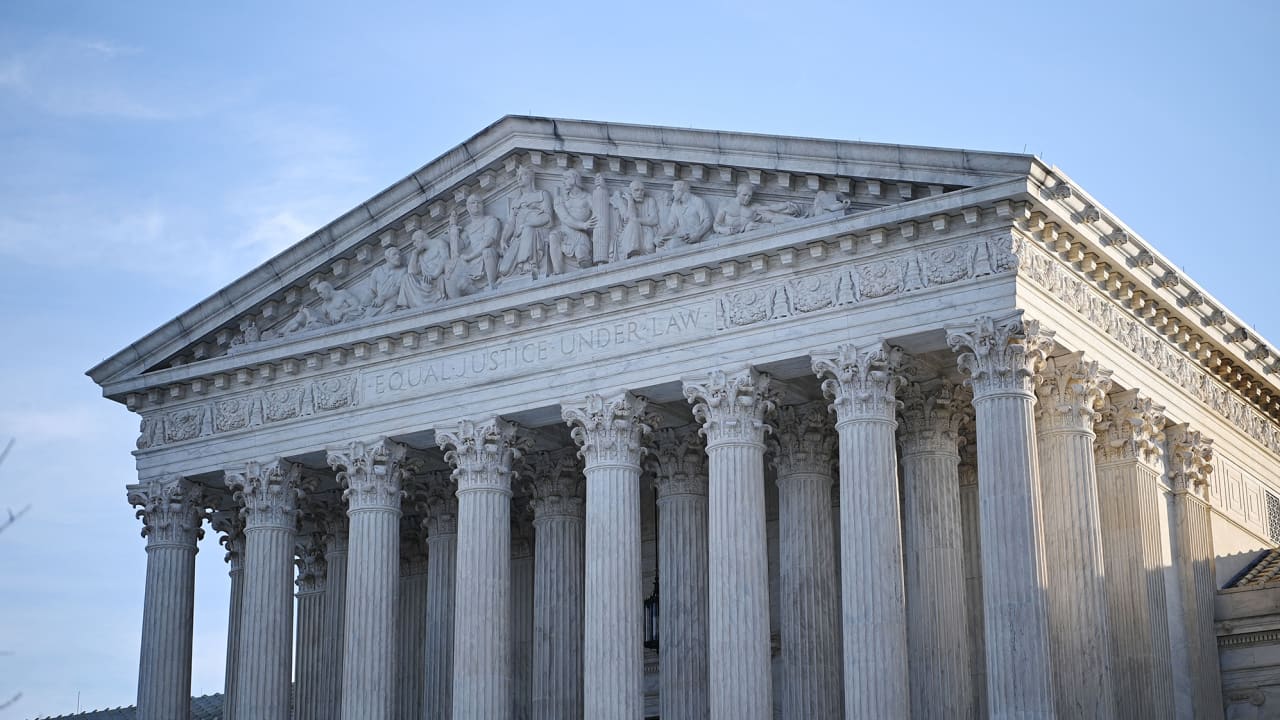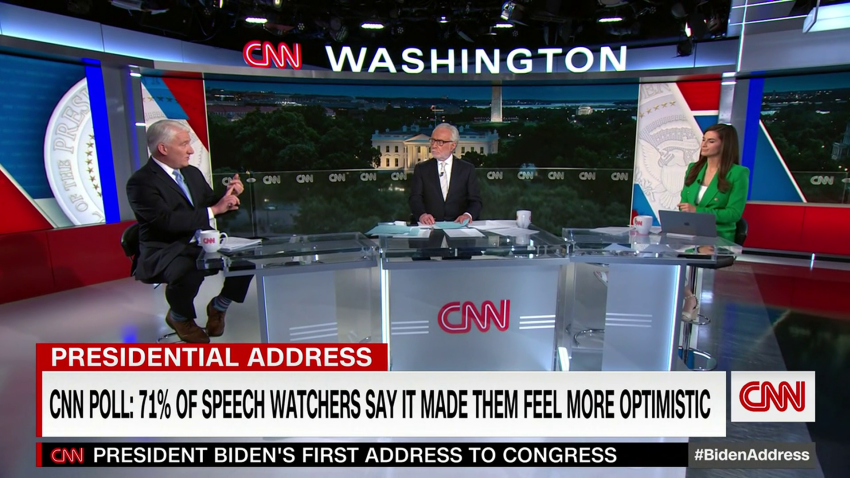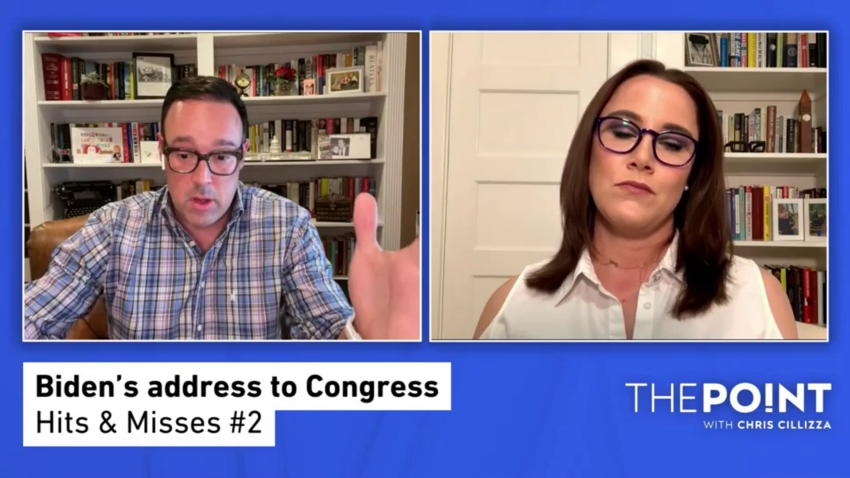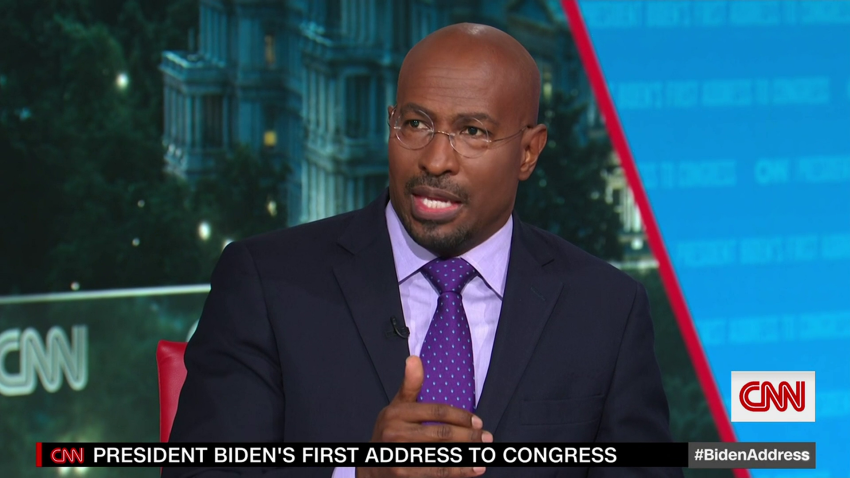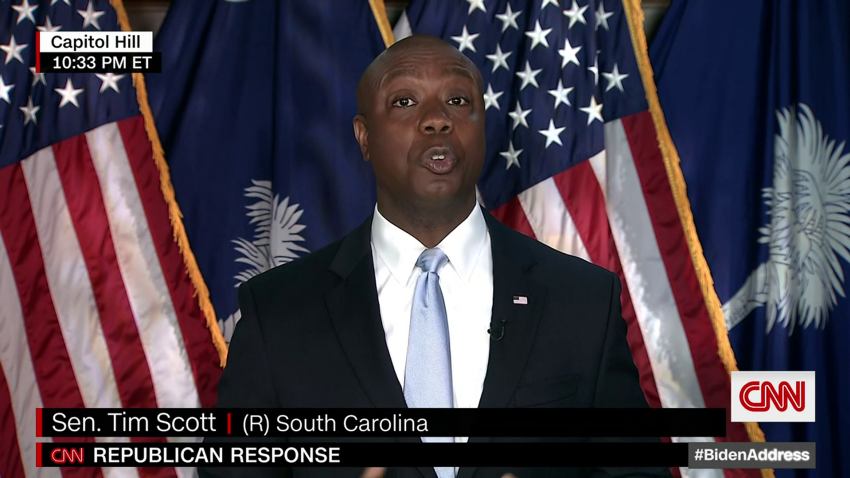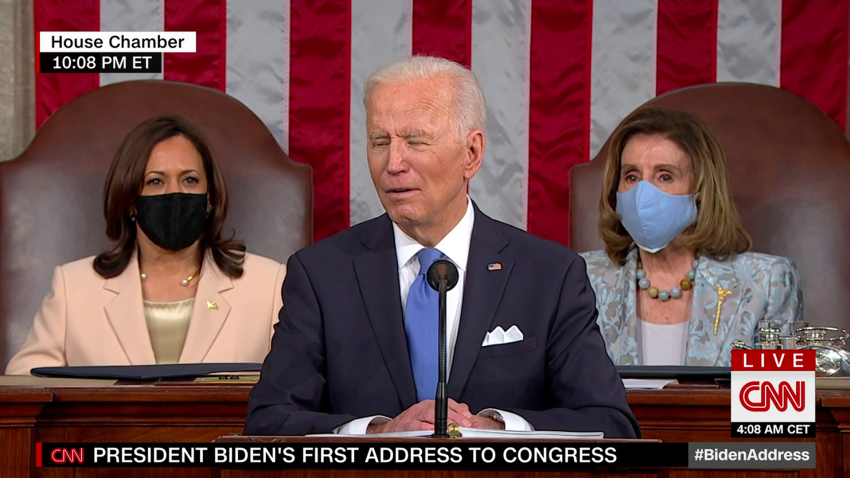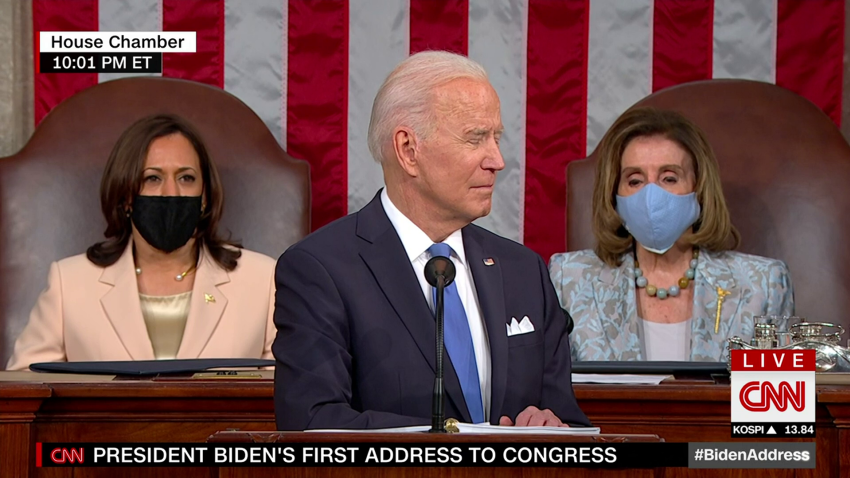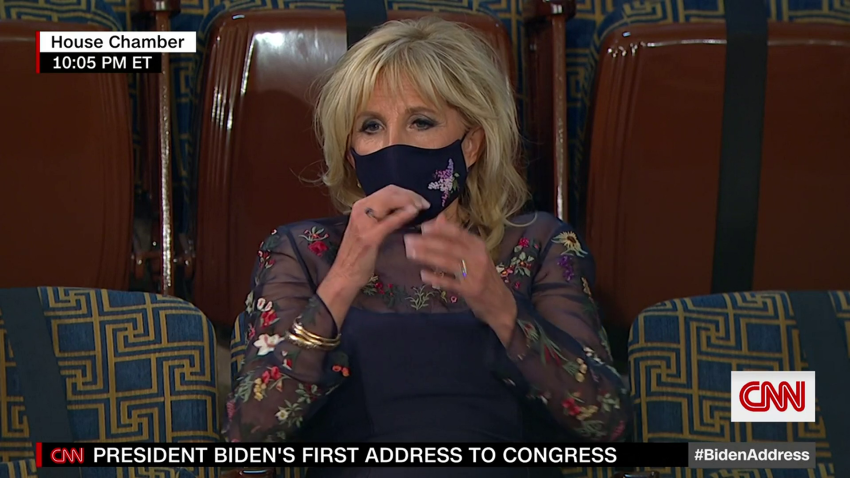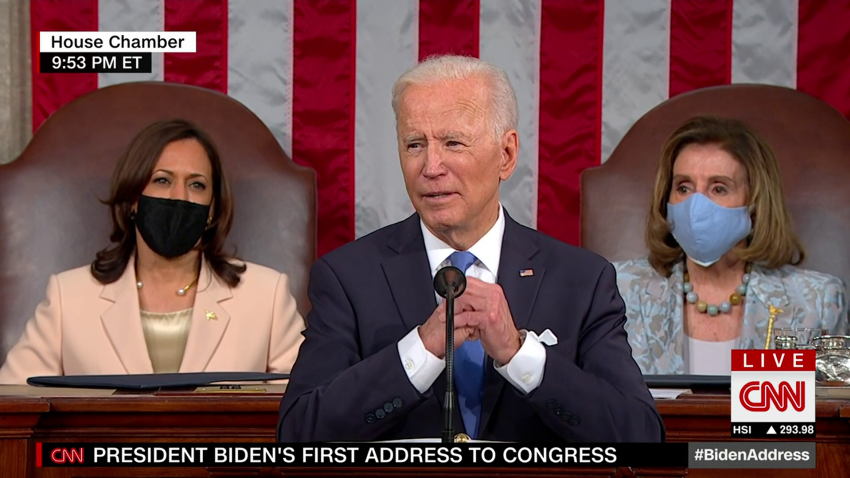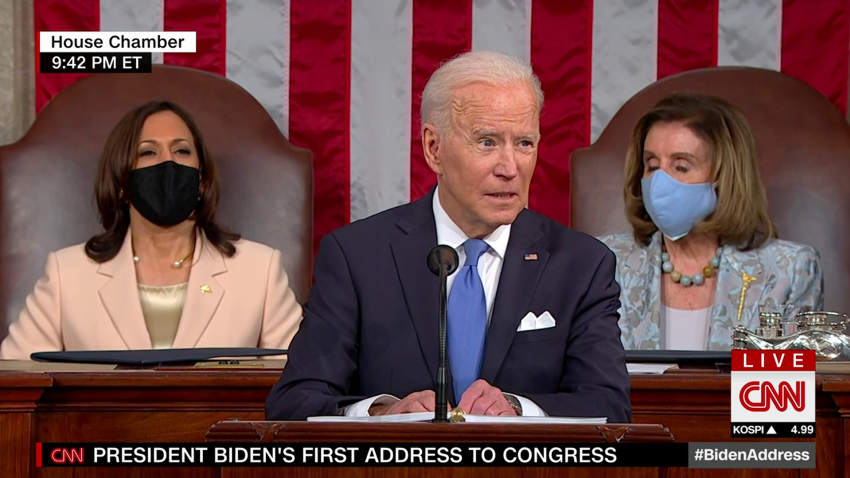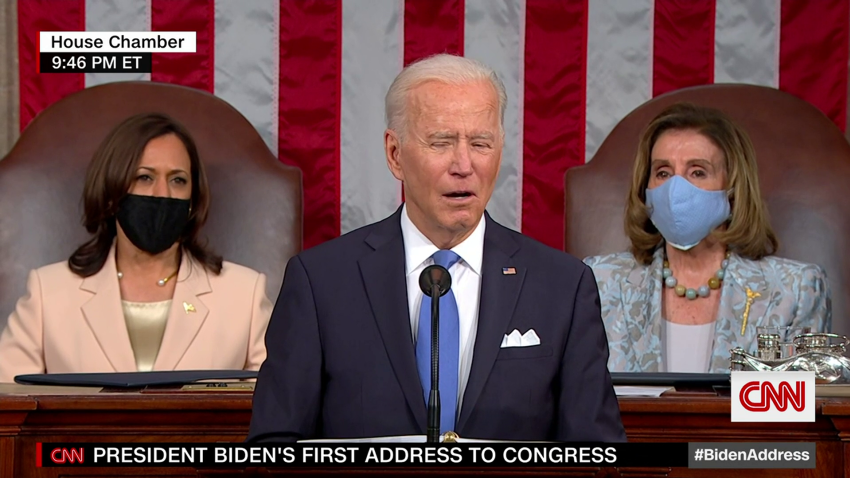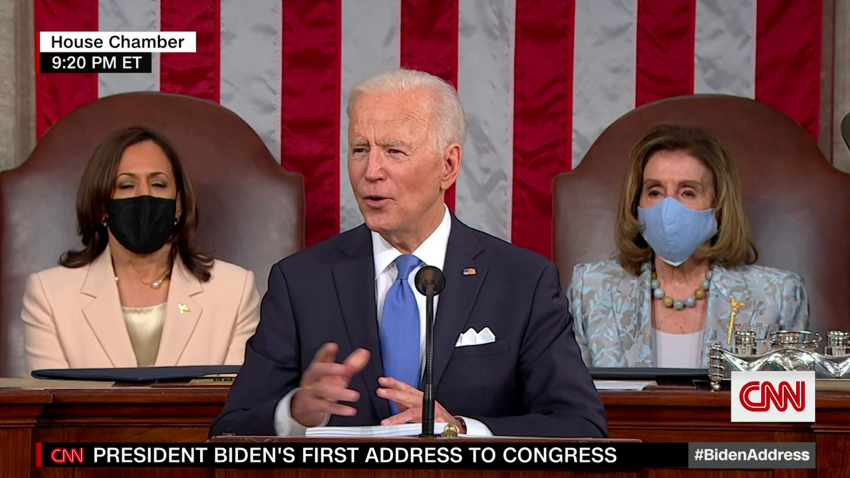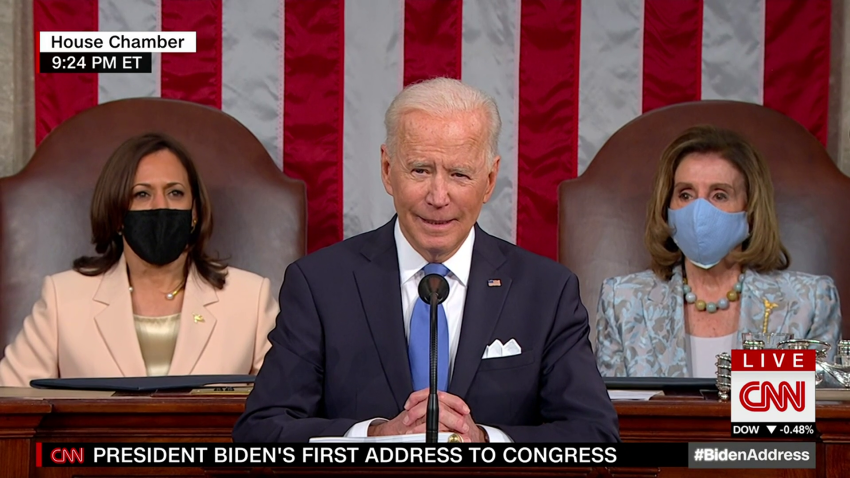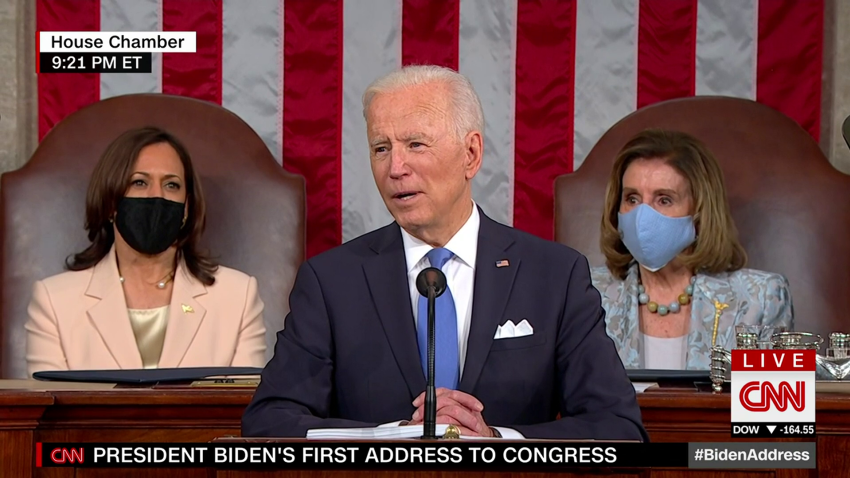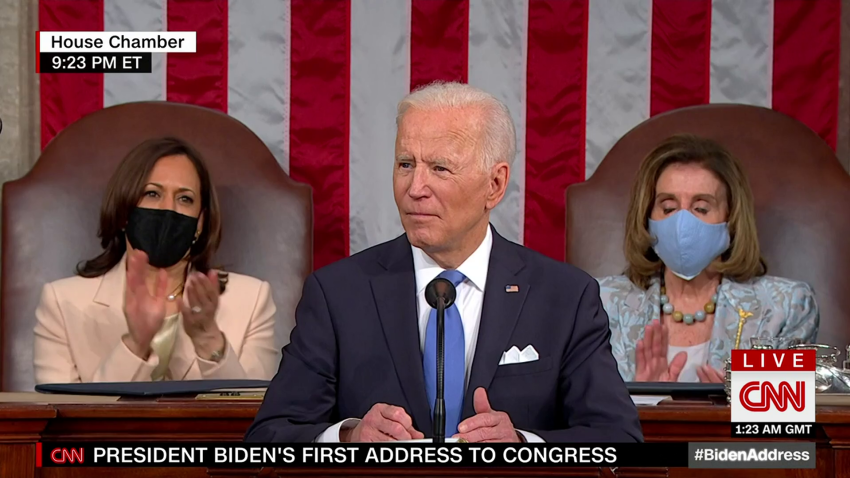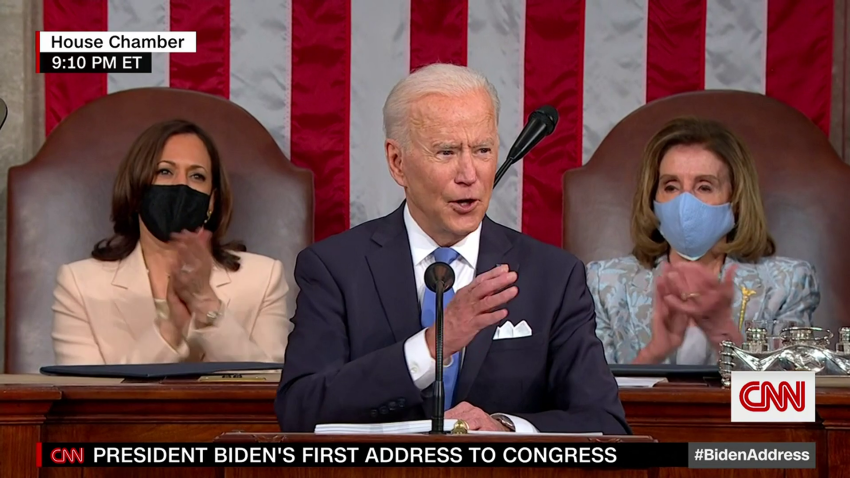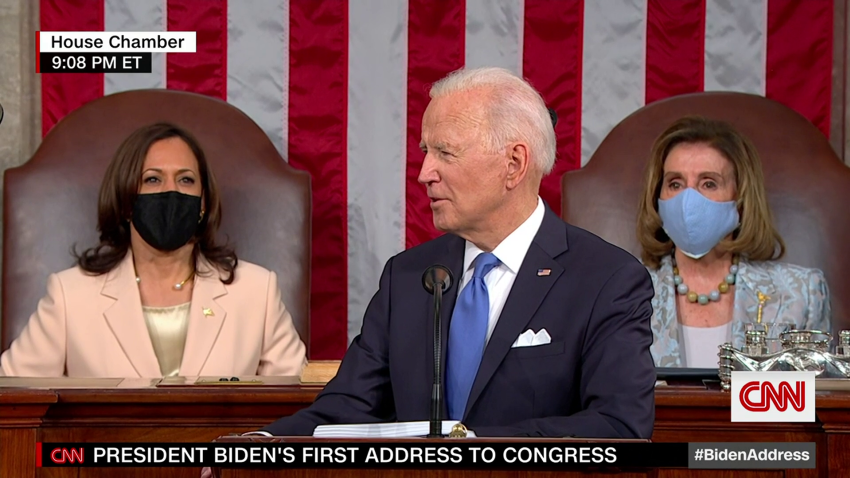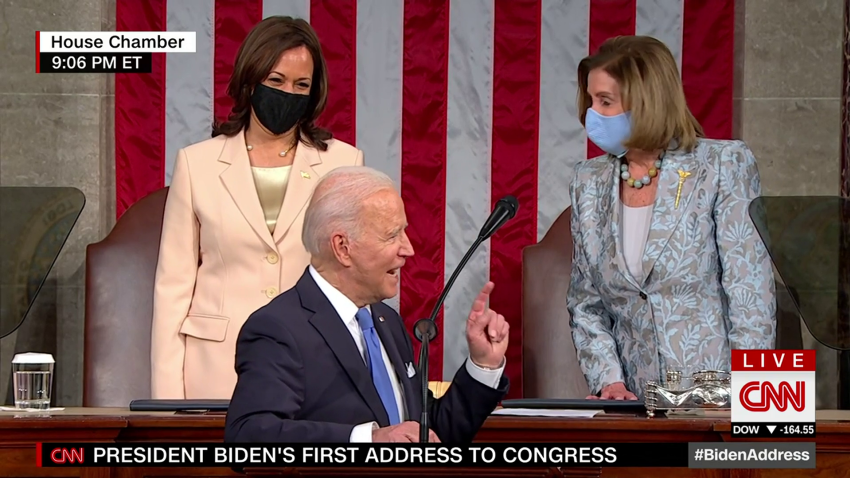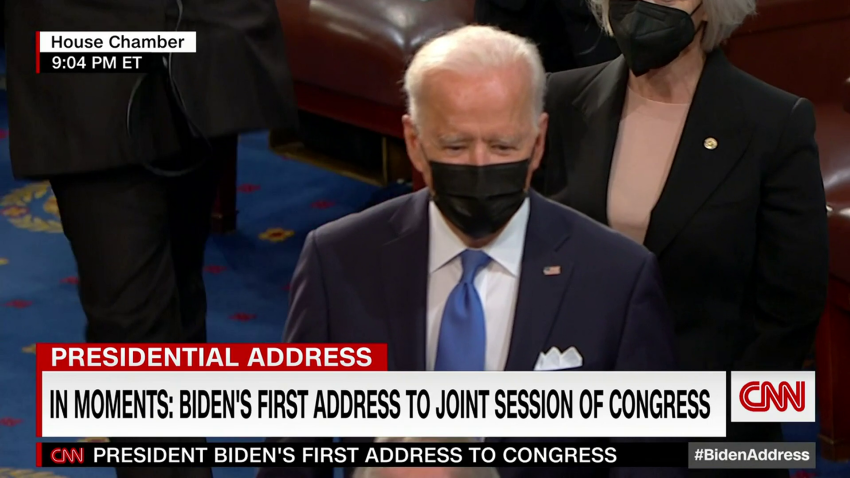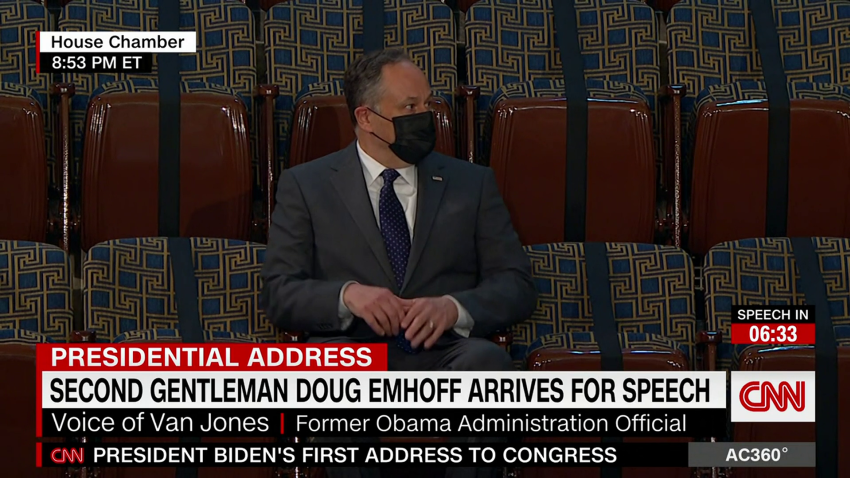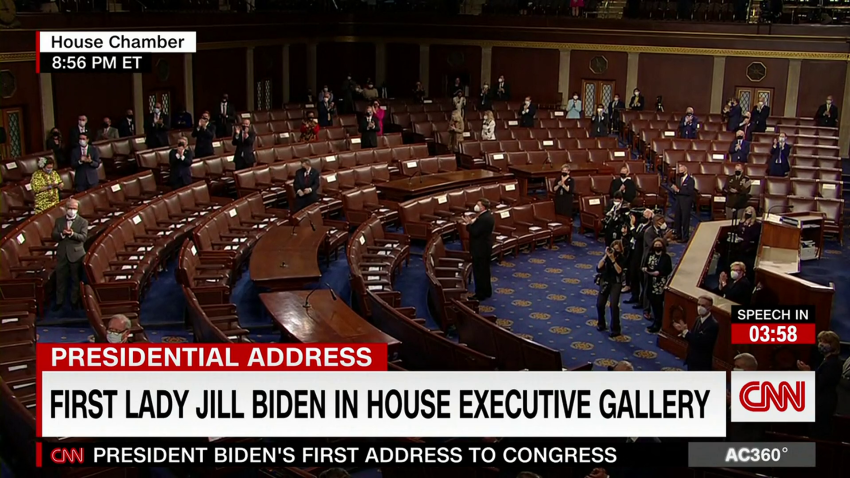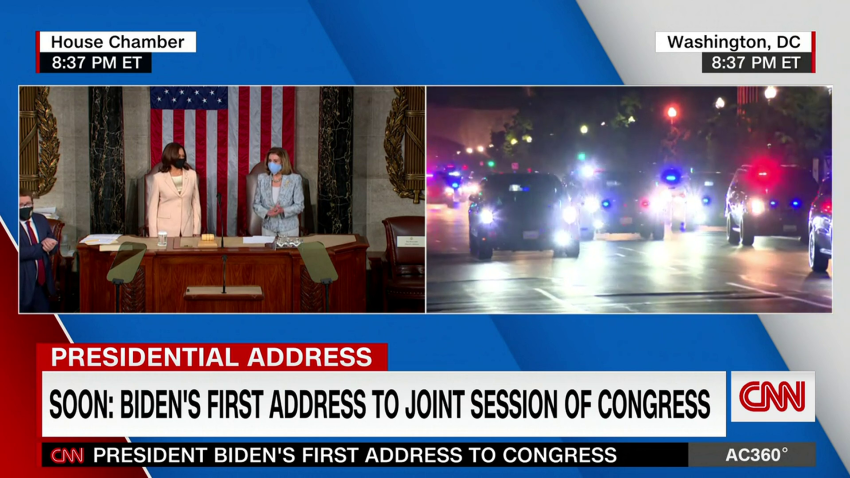As tonight’s joint session of Congress kicks off, the look and feel will be very different from years past.
Covid-19 still casts a long shadow over the event, which prompted officials to limit the number of in-person attendees to 200.
President Biden will give his speech in the very place rioters took over nearly four months ago, leaving more than 140 law enforcement officers injured and five people dead, including US Capitol Police officer Brian Sicknick.
The heavy security, such as the fencing that surrounds the Capitol, will play a role in the evening’s event. The Department of Homeland Security has designated the speech as a National Special Security Event (NSSE), putting the US Secret Service in charge.
In an interview with CNN Monday, the Secret Service’s top agent for the event described the immense amount of planning that went into securing the Capitol for Biden’s address.
“The events of January 6 are a poignant reminder of what can happen, and there are always lessons to be learned from those kinds of incidents,” said Secret Service special agent in charge Michael Plati, who heads the Secret Service’s Dignitary Protection Division.
“This is, I would say, not a comparable event,” Plati said when asked how Jan. 6 may impact securing high-profile events in the future.
“This is something we spend months and months in advance of planning for,” he said. “We do this in partnership with the FBI, FEMA, we work with our federal, state, and local partners, the Metropolitan Police Department, the Capitol Police, the Park Police, it’s really a whole of government approach.”
Plati added that they conducted table-top exercises with other law enforcement agencies to play out a range of scenarios, helping ensure the agencies can move with synchronized agility.
“We will run the partners through a variety of scenarios based on what we are seeing in the current environment to make those scenarios relevant,” Plati said.
He declined to describe the “means and methods” that could give a possible enemy too much information, and the Capitol Police declined to share their security planning.
